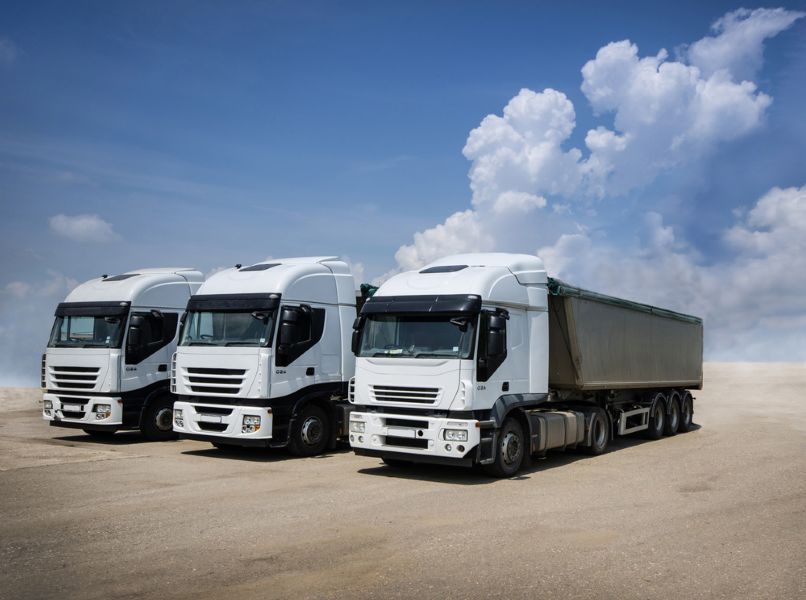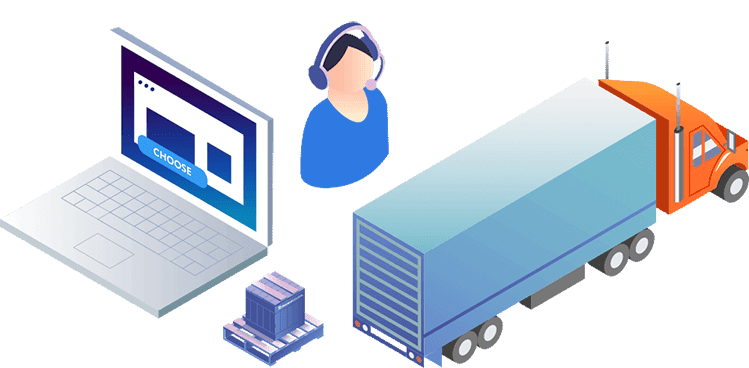Most people know what truck drivers do: they deliver things from one point to another. But, before a truck driver gets behind the wheel, what happens? What happens if there are delays or diversions on their routes, and how are they planned? Truck dispatcher have a role in this.
Truck dispatchers are in charge of managing and coordinating transportation operations. They design routes, monitor shipments and verify that drivers remain on time by following the right path. Truck dispatchers attempt to find the best way to get the driver back on schedule if there are delays or accidents.
Truck dispatching is an important function in the transportation business, and it has training available truck dispatcher training online. Also, truck dispatchers have a variety of tasks. Here are seven of a truck dispatcher’s most crucial responsibilities:
1. Route Planning
A truck dispatcher’s initial task is to design routes for drivers. This involves determining the optimum way depending on the driver’s location, the destination, and the sort of goods being delivered.
When designing routes, truck dispatchers must also consider traffic, weather, and construction.

2. Tracking Shipments
The truck dispatcher’s role is to follow the cargo after the driver is on the road. This includes keeping track of the driver’s position, projected arrival time, and route adjustments.
Truck dispatchers achieve this by using GPS monitoring. And if the route changes the driver stays in touch for that.
3. Driver Monitoring
Truck dispatchers must monitor drivers in addition to monitoring shipments. This involves ensuring that drivers take the right route, remain on time, and do not exceed the service hours.
Truck dispatchers utilize GPS monitoring to keep track of drivers and remain in touch with them in any difficulties.
4. Dispatching Drivers
The truck dispatcher’s responsibility is to give a certain route to a driver who is ready to be dispatched. This involves giving the driver all necessary route information, such as the destination, expected arrival time, and any specific instructions.
5. Communication with Driver
Truck dispatchers must be able to properly interact with drivers. This involves giving clear and straightforward directions, keeping drivers informed about route modifications, and addressing any questions they may have.
6. Working with Other Departments
Truck dispatchers must work with other departments within the firm. The dispatch department, the safety department, and the maintenance department are all included.
The truck dispatcher must know that everyone is on the same page and that the trucking business runs well. Truck dispatchers must be able to communicate efficiently with other departments.
7. Handling Emergencies
The truck dispatcher’s responsibility is to organize the reaction in the case of an emergency. This involves calling the necessary emergency agencies, such as the police or fire department, and deploying cars to the location.
The truck dispatcher must maintain contact with the driver to offer updates on the situation and guarantee that the driver is safe.
Final Words
Truck dispatchers play an important role in the transportation sector and are held to a high standard. If you’re considering a career as a truck dispatcher, I would suggest you do truck dispatcher training online and make sure you’re aware of the many obligations that come with the position.


